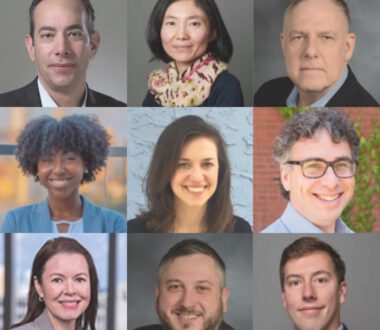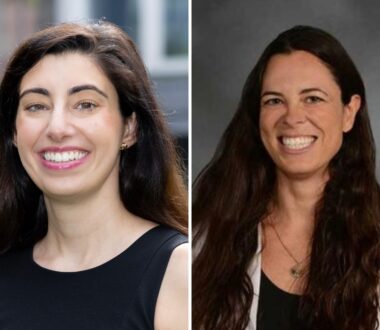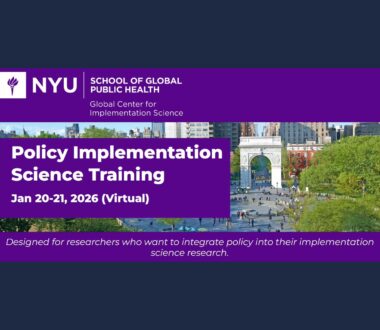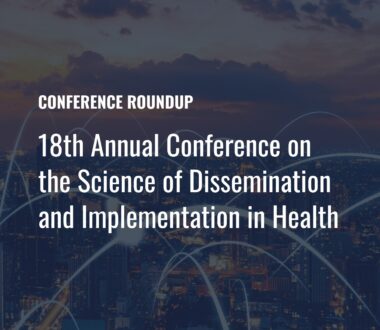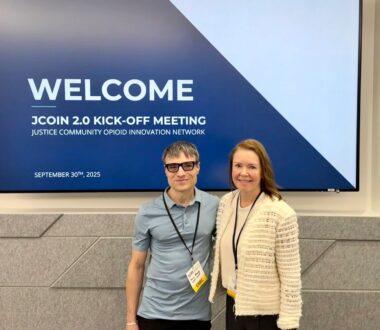Inform real-world substance use interventions through health economic research

Inform real-world substance use interventions through health economic research
The Center for Health Economics of Treatment Interventions for Substance Use Disorder, HCV, and HIV (CHERISH) develops and disseminates health economic research to inform substance use disorder treatment policy and HCV and HIV care of people who use drugs.
Explore CHERISH
CHERISH brings together leading experts from five institutions
Established in 2015, CHERISH is funded by the National Institute on Drug Abuse (NIDA) as a Center of Excellence. CHERISH is a collaboration among Weill Cornell Medicine, Boston Medical Center, Boston University School of Public Health, University of Pennsylvania, and University of Miami Miller School of Medicine (P30DA040500).
Latest News & Events
Stay connected with CHERISH
We deliver our latest news and research three times a year, and highlight opportunities to engage in health economics, substance use, HCV, and HIV research.







